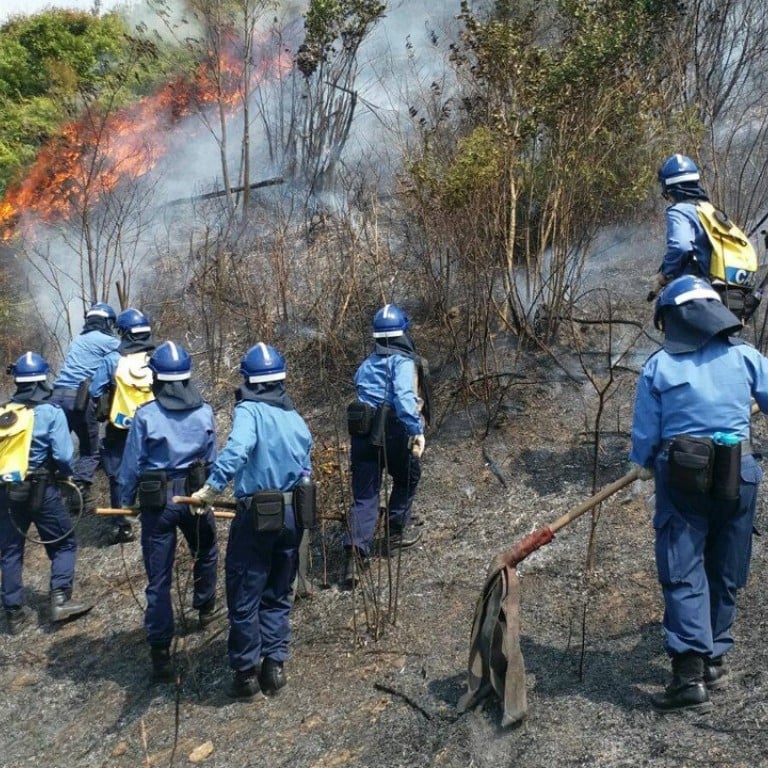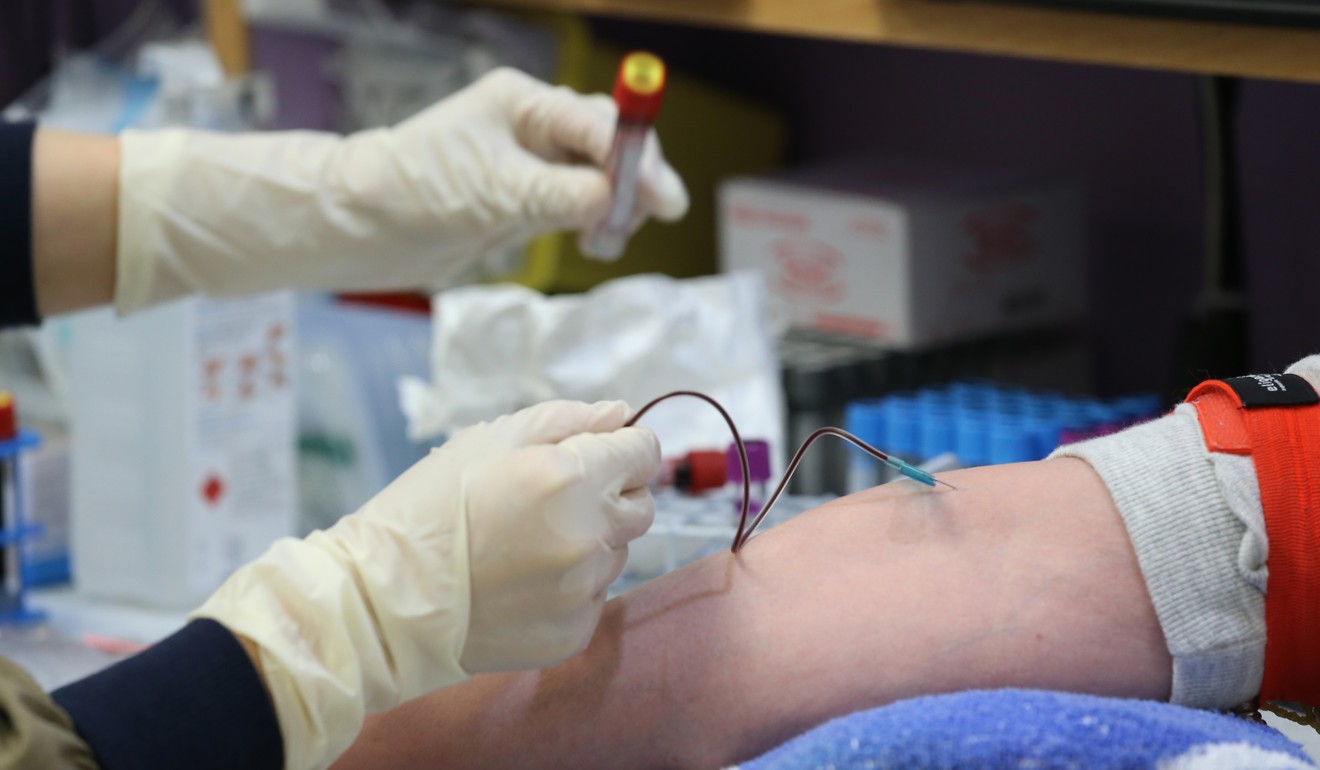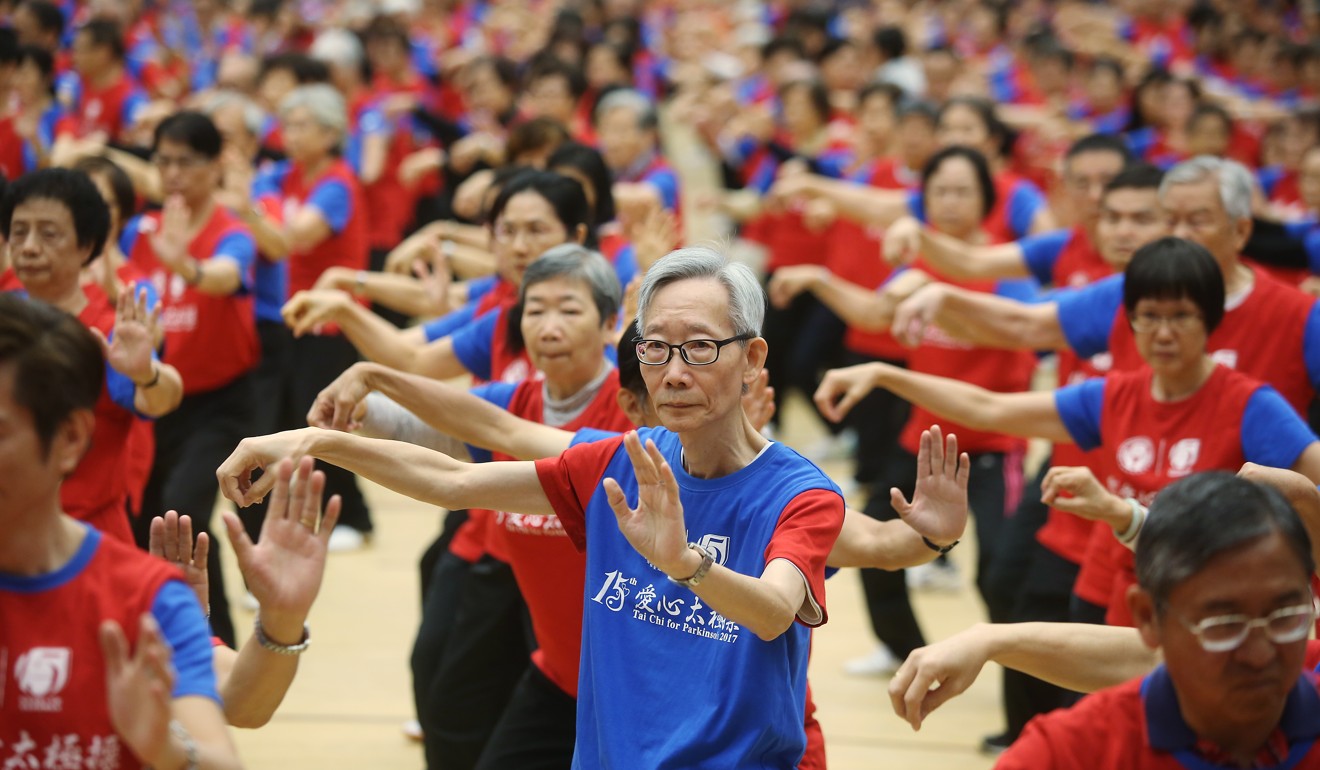
Opinion: Three reasons our health-care system is headed for a crisis
‘We have built an understaffed and overstretched firefighting medical system equipped to tackle health fires once they are already ablaze’
Over the past three weeks, I have seen far more of the inside of Hong Kong hospital wards than I would like – but it has reminded me clearly of the slow-boiling health-care crisis that is beginning to envelop Hong Kong, and prepped me well to comment on the far more severe crises overseas – not least Donald Trump’s assault on “Obamacare”.
My own hospital visitations can be blamed squarely on the ill fortune of my daughter, and the contrasts in her experience were noteworthy. First, three weeks ago, suffering with increasingly acute abdominal pain, she turned up in the early hours at Queen Mary Hospital’s Accident and Emergency ward.
After relatively little ado she was diagnosed with a gall stone, and with some clever non-invasive endoscopy (though is an endoscope thrust down your throat truly non-invasive?) had the stone zapped and destroyed. Her Queen Mary doctor is recommending she has her gall bladder out (were you aware that we don’t really need one?), but she was out of her six-bed hospital ward bright and well in three days with a HK$300 bill. Diplomatically, a footnote on the bill pointed out that without taxpayer subsidy, her bill would have been HK$8,280.
Alarmingly, almost no person over the age of 65 has insurance
Both of us agreed that was quite enough of hospital wards for the time being, only to find her last week tumbling horribly down some stairs in Central, fracturing her fibula and being rushed by panicked friends to the Canossa Hospital in mid levels. She was treated with commendable speed and professionalism, and is now the proud owner of a titanium rod and heaven knows how many screws in her leg. She is home, immobile for six weeks, and has a HK$92,000 bill to mull over.
Lesson No 1: Hong Kong’s public hospitals offer remarkable service quality at preposterously cheap rates, even though they are creaking under the pressure of public overuse. Lesson No 2: service at the private Canossa was also immaculate and undoubtedly attended to my daughter’s fracture much more speedily than would have been possible at Queen Mary’s, but please don’t go near a private hospital in Hong Kong unless you are insured to the hilt.

These vivid recent local exposures, added to the distressing experience of watching my father die of cancer in the UK last year, sharing Canadian medical stories with two of my oldest friends, who have for more than three decades worked as general practitioners in Vancouver, and listening to the bru-ha-ha in the US about overthrowing Obamacare, made me glad to be in Hong Kong. Despite the severity of the pressures on our health care system, and its clear shortcomings, I think we are lucky compared with many in either the US or Britain.
For a country that is supposed to be among the most advanced in the world, the US is burdened with a seriously malfunctioning health-care system – egregiously expensive, with large parts of the population lacking insured access to medical care, and eroding health demographics that would rank the country among many developing economies. The OECD says US health care costs amount to US$8,713 per person (about 18 per cent of GDP), compared with an OECD average of US$3,453 (8.9 per cent of GDP). One recent study of cancer care costs put median monthly costs in the US for eight different cancer drugs at US$8,694 – compared with US$2,587 in Britain and US$2,741 in Australia. Recent international comparisons of the cost of an overnight hospital bed put New York at the top, at between US$16,000 and US$21,500, with Canada second at US$10,000 and France and Germany not far behind at US$9,500.

Debate on health-care reform in Hong Kong might suggest that the core challenge is health-care insurance. But this is just one of a trilogy of challenges that need to be addressed if a health-care system is to meet our community’s future health needs without throwing us into penury or bankrupting the Hong Kong government. The first need is a focus on keeping well. The second is drug and treatment costs. And the third is comprehensive insurance cover.
On all three counts, Hong Kong is heading into crisis territory. Instead of focusing on keeping well – by building a strong primary care system based on community-based clinics spread across Hong Kong – the Hong Kong government is preferring to direct HK$200 billion into building new hospitals and hospital wards. We have built an understaffed and overstretched firefighting medical system equipped to tackle health fires once they are already ablaze, instead of modest incremental care dispensed by community-based health care teams that quietly, and inexpensively, keep people healthy and away from hospital beds.
Hong Kong’s drug costs are to some extent kept under control by the creation of the formulary of 1,300 drugs approved for use in public hospitals. The US has no such formulary. Nor does it give its health authority, known as Medicare, the power to negotiate drug prices with drug companies that have become flagrant price gougers for many drugs. But Hong Kong is vulnerable to high treatment costs because of the practise of charging per procedure which can encourage unnecessary or exotic procedures, instead of “capitation”- based charging which levies a fixed sum for each patient.
Finally, our government has been wholly pusillanimous on health insurance. Fully aware of worldwide evidence that health insurance cover must be compulsory if it is to meet medical needs effectively, our government has opted for voluntary cover, where the young and the healthy opt not to buy insurance. The result is that only the sick and the old will take out such voluntary insurance – leaving the insurance pool too small, individual policies too costly, and the demands on them too intense. At present, only 40 per cent of Hong Kong families have health insurance, and even more alarmingly, almost no person over the age of 65 has insurance.
One commentator on the US news channel CNN recently commented on the US system: “You are just one illness away from financial ruin in this country.” Unless Hong Kong properly resolves its insurance challenge, we might soon be saying the same of ourselves. Thank heavens I have good insurance cover – for now.
David Dodwell researches and writes about global, regional and Hong Kong challenges from a Hong Kong point of view

